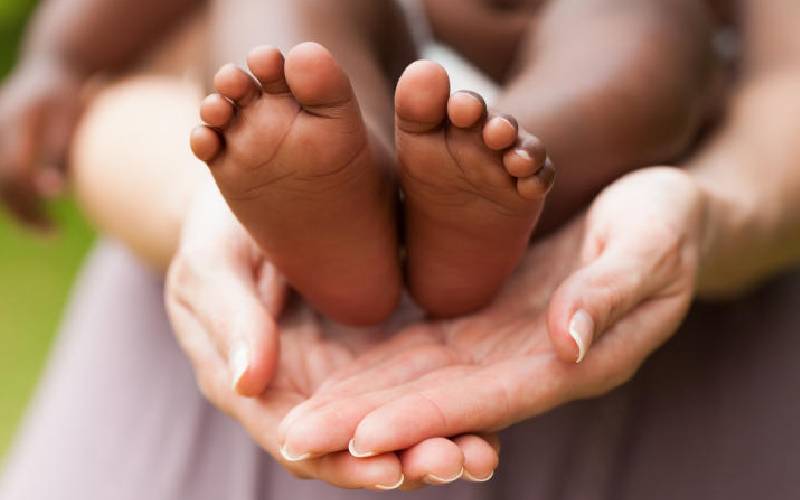×
The Standard e-Paper
Fearless, Trusted News

Her troubles began two days later after she was reported to police by her neighbours. She was arrested and charged with child theft. [Courtesy]
It has been nine years of pain, trauma and unfulfilled life’s desire of a 54-year-old woman whose desire for a child threw her into an unforgiving and painful encounter with the law.